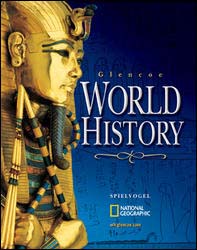1 A) petroleum B) steel C) coal D) chemicals 2 A) increasing wages after 1870. B) lowering prices for many manufactured goods. C) making a new range of consumer goods available in new department stores. D) allowing everyone to own a new car. 3 A) Belgium B) the Netherlands C) France D) Russia 4 A) trade unions B) the German Social Democratic Party C) revisionists D) pure Marxists 5 A) lawyers. B) bankers. C) industrialists. D) landed aristocrats. 6 A) building socialism by evolutionary means. B) the violent overthrow of the bourgeoisie. C) hard work and good conduct. D) women's right to work. 7 A) were primarily domestic servants. B) found opportunities for improvement as white-collar workers. C) often joined the ranks of the feminists. D) worked mainly at home. 8 A) was plagued by widespread government corruption. B) failed to develop a strong parliamentary system. C) developed a well-established democracy. D) held its ministers accountable only to the king. 9 A) Quebec. B) the Philippines. C) Hawaii. D) Guam. 10 A) as a non-aggression pact between Germany and Russia. B) because Germany feared an anti-German alliance formed by France. C) as a military alliance between France and Russia. D) as a response to the Triple Entente. 11 A) Austria-Hungary B) the Ottoman Empire C) Serbia D) Italy 12 A) Albert Einstein B) Herbert Spencer C) Sigmund Freud D) Charles Darwin 13 A) Germany B) France C) Austria-Hungary D) Russia 14 A) Impressionism. B) modernism. C) cubism. D) abstract expressionism.







